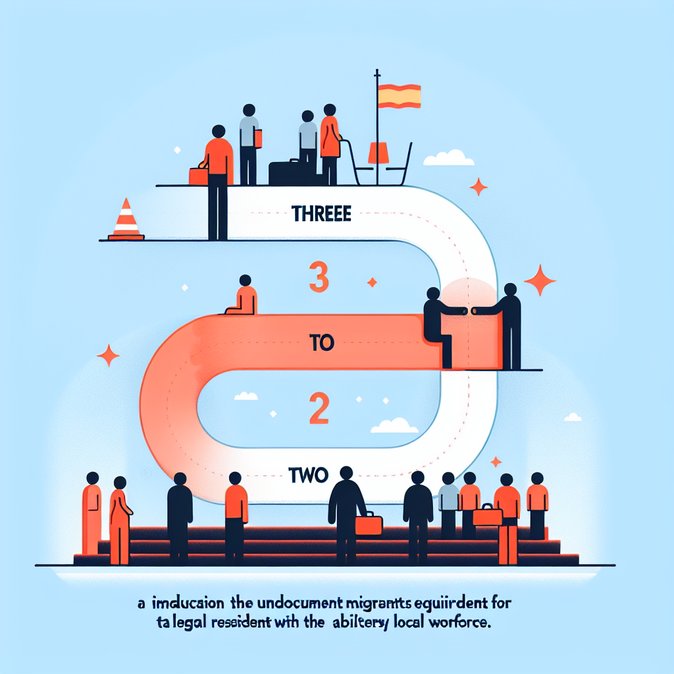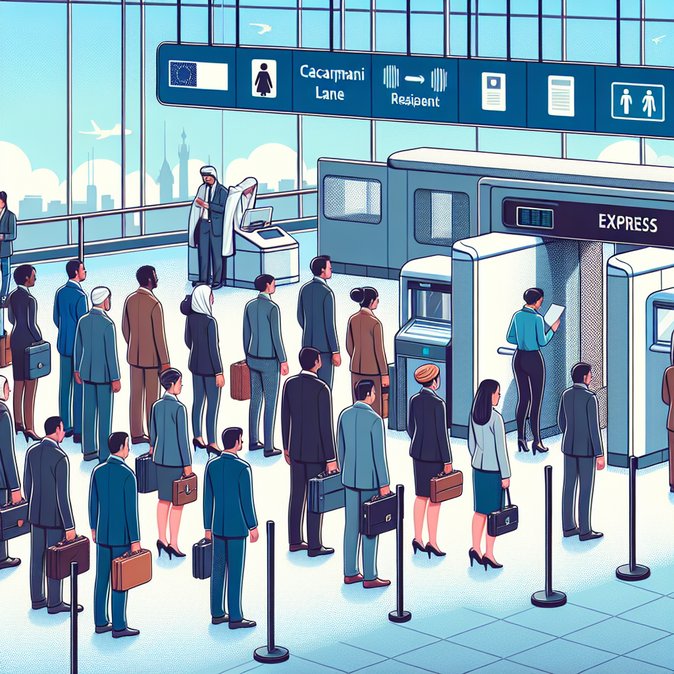
More than 2,000 foreign residents and allies gathered outside Spain’s Ministry of Inclusion, Social Security and Migration on Saturday, 22 November, demanding urgent fixes to what organisers call a “broken” immigration bureaucracy. The rally, led by immigration lawyer Pau Ventura, featured placards reading “Lives on hold are frozen lives” and personal testimonies of months-long waits for appointments to renew residence cards, obtain first-time permits or collect biometric TIEs.
Spain digitised large parts of its extranjería platform during the pandemic, but face-to-face slots for fingerprinting and card pickup remain scarce—especially in Madrid, Barcelona and Valencia. Protesters say the shortage forces desperate applicants to pay up to €200 on the black market for a 15-minute slot, or risk falling into irregular status when permits expire.
![Thousands Protest in Madrid Over ‘Collapsed’ Immigration Appointment System]()
Ventura, whose viral social-media posts have galvanised the movement, handed a petition with 58,000 signatures to ministry officials. The document calls for emergency Saturday office hours, a centralised national booking portal and a 60-day automatic extension for any permit awaiting renewal—similar to COVID-era measures.
For companies, the gridlock creates compliance headaches: assignees unable to secure an appointment cannot renew their work authorisation or travel abroad for business. HR managers are reporting cancelled trips and payroll suspensions as residence cards lapse. Several relocation firms are advising clients to stagger assignment start dates or use Spain’s “entrepreneur” fast-track channel, which offers guaranteed digital processing through the UGE unit.
A ministry spokesperson acknowledged delays but blamed budget constraints and a post-pandemic surge in applications, up 37 % year-on-year. While no concrete measures were announced on Saturday, officials said they are “studying options” to increase staffing before year-end. Protest leaders vowed to return if no progress materialises within 30 days.
Spain digitised large parts of its extranjería platform during the pandemic, but face-to-face slots for fingerprinting and card pickup remain scarce—especially in Madrid, Barcelona and Valencia. Protesters say the shortage forces desperate applicants to pay up to €200 on the black market for a 15-minute slot, or risk falling into irregular status when permits expire.

Ventura, whose viral social-media posts have galvanised the movement, handed a petition with 58,000 signatures to ministry officials. The document calls for emergency Saturday office hours, a centralised national booking portal and a 60-day automatic extension for any permit awaiting renewal—similar to COVID-era measures.
For companies, the gridlock creates compliance headaches: assignees unable to secure an appointment cannot renew their work authorisation or travel abroad for business. HR managers are reporting cancelled trips and payroll suspensions as residence cards lapse. Several relocation firms are advising clients to stagger assignment start dates or use Spain’s “entrepreneur” fast-track channel, which offers guaranteed digital processing through the UGE unit.
A ministry spokesperson acknowledged delays but blamed budget constraints and a post-pandemic surge in applications, up 37 % year-on-year. While no concrete measures were announced on Saturday, officials said they are “studying options” to increase staffing before year-end. Protest leaders vowed to return if no progress materialises within 30 days.


